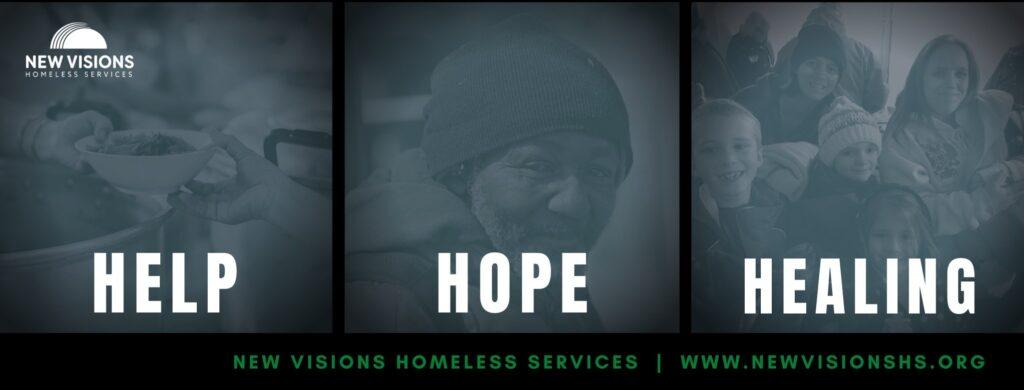The challenges facing military veterans who experience homelessness can be multidimensional and complex. But the Omaha, Nebraska campus director for New Visions Homeless Services says helping these individuals achieve even the smallest successes proves so rewarding that he calls his job one of the most interesting he’s ever had.
“We try to increase the trajectory of every veteran,” says Steve Roberts, himself a veteran of the U.S. Air Force. The Omaha campus has been in operation since 2012 and has capacity to serve around 50 men at a time. New Visions offers emergency shelter services, transitional housing and permanent supportive housing, as well as counseling services that Roberts says resemble triage more than intensive treatment.
“We have a therapist and alcohol and drug counselors,” he said. “We try to hook individuals to a longer-term solution.”
When a veteran moves into transitional housing, a therapist meets with him to gain a better understanding of the root causes of any presenting problems. Roberts says the program serves fairly equal proportions of individuals affected by mental health issues, substance use, and general life circumstances. Around 60% of those with behavioral health challenges are affected by both mental health and substance use problems, illustrating the complexity of the cases the agency encounters.
New Visions manages three contracts with the U.S. Department of Veterans Affairs (VA). Roberts says that within the larger population of individuals experiencing homelessness, veterans find themselves in a relatively good position to receive support because VA programming has gotten stronger. Still, the population faces ongoing financial challenges, especially during a tight economy. “These are people who live on the margins anyway,” Roberts says.
The Omaha campus has given the community’s veterans a safe and secure location for receiving assistance. This becomes important because many individuals experiencing homelessness typically perceive a shelter environment as a dangerous option for them.
Roberts says the peer-to-peer aspect of the location’s services has proven essential to success. “There is something about veterans — they recognize one another,” he says. “Peer support is really important.”
In an everyday work environment where it can be difficult to establish a lasting connection with the target population, efforts to simplify administrative tasks bring much relief. New Visions’ use of Sigmund Software’s enterprise electronic health record has allowed for much more efficient management of appointments and other daily administrative functions, Roberts says.
He cites in particular the verstality and flexibility of the AURA system. It has helped to make a challenging job much easier, he says.


